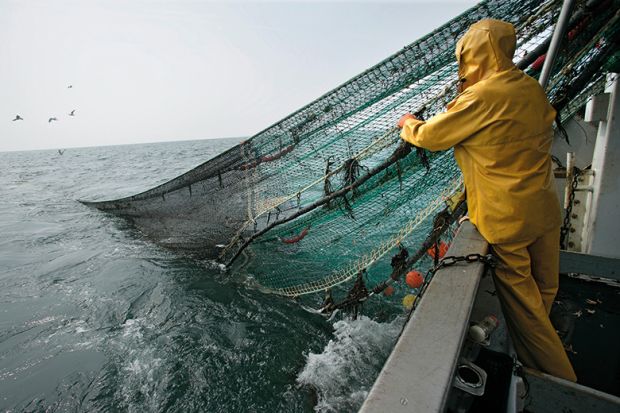The European Union should use Brexit as an opportunity to forge a stronger European research area that includes the UK and other countries outside the bloc, according to a leading charity.
A report produced by the Wellcome Trust says that the “best outcome for both the EU and the UK” would be for the UK to remain part of Brussels’ research funding programmes as an associated country, and argues that the UK should be prepared to pay more than it does currently to ensure continued participation.
However, it adds that the UK’s shift to being an associated country would almost double the share of funding from non-member states to EU framework programmes, and argues that the consequence should be a step-change in the status of associated countries, which already include Switzerland, Norway and Israel.
The Wellcome Trust says that this should include the creation of more streamlined application processes for European funding, lower barriers to freedom of movement for researchers in more countries, and adoption of shared research regulations and policies.
Significantly, the report suggests that, to “ensure accountability”, associated countries “may need greater influence over the strategic development, policies and standards” of the framework programmes.
“Ideally, associated countries would move towards participating on a similar basis to member states, with full voting rights,” the report says. However, it adds that, in the shorter term, a model could be adopted under which non-member states could participate in European Council discussions on research policy and funding programmes, but without a vote.
“In the longer term, finding a sustainable and inclusive approach could allow for the expansion of the [European research area] to countries outside Europe’s borders, to harness talent and opportunity from further afield,” adds the report, referencing suggestions that countries such as Canada and Australia could be invited to participate.
Eliza Manningham-Buller, chair of the Wellcome Trust, said that a “badly handled Brexit risks damaging British – and European – science”.
“But with the right agreement, it’s possible we could maintain and even improve scientific collaboration with our European neighbours,” she said. “This will mean compromise on both sides, but the gains will be great too, with access to more clinical trials, data resources, and excellent funding opportunities.”
The report says that the EU should be pragmatic about the terms of the UK’s continued participation in its framework programmes, noting that Israel’s agreement, for example, does not include freedom of movement.
It adds that the UK and EU should maintain close alignment on research regulation to ensure continued collaboration, highlighting how differing standards between the EU and US had made some transatlantic cancer trials unfeasible. Arrangements should be put in place to maintain the free flow of personal data for research, and a harmonised clinical trials system, the report says.
Register to continue
Why register?
- Registration is free and only takes a moment
- Once registered, you can read 3 articles a month
- Sign up for our newsletter
Subscribe
Or subscribe for unlimited access to:
- Unlimited access to news, views, insights & reviews
- Digital editions
- Digital access to THE’s university and college rankings analysis
Already registered or a current subscriber? Login








